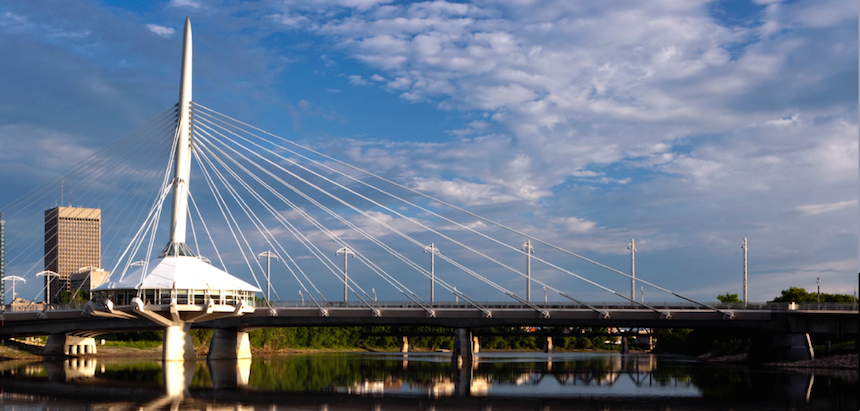Winnipeggers work to cut down on food waste, which costs Canada billions each year
Dec. 22, 2024 – Winnipeg Free Press – Food waste continues to mount despite growing public awareness about it and opposition to it. The National Zero Waste Council says more than half of all food produced and distributed in Canada never gets eaten, resulting in significant environmental, economic and social consequences. The average Canadian household produces 79 kilograms of food waste annually, states the UN Food Waste Index.




